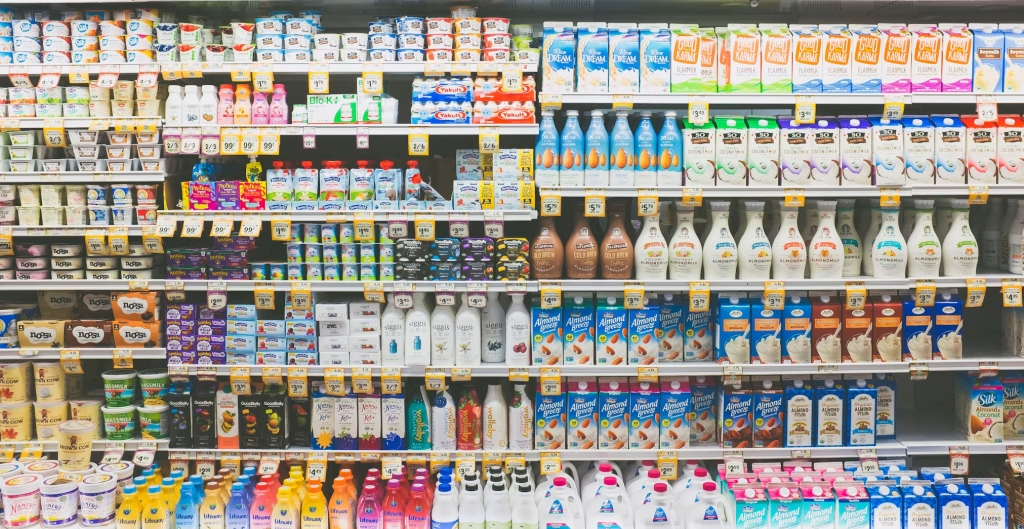This work package focuses on assessing the environmental impacts of food products, particularly through life cycle assessment (LCA). It reviews inconsistencies in climate impact methodologies, explores links between climate and other environmental effects, and evaluates how the food industry accounts for carbon. The aim is to develop improved environmental accounting methods that support more sustainable food systems.

WP2 goes beyond product-level footprints to examine broader sustainability indicators at the company level, including social and environmental dimensions. It maps existing indicators across the food sector, investigates how companies measure sustainability, and evaluates the trade-offs of simplifying these measures. It also explores consumer understanding and corporate motivations for sustainability reporting.

This work package investigates how product sustainability data can drive real change in food supply chains. It examines how companies use environmental data in supplier relationships and whether these strategies effectively reduce impacts. WP3 also explores the risks and equity issues of data collection from producers, aiming to ensure fair and impactful reporting practices.

WP4 explores how sustainability targets can inspire transformative learning within food companies. It assesses how businesses engage with initiatives like science-based targets and examines how these commitments can scale from individual firms to broader food system change. The goal is to understand and enhance the collective potential for climate action.
